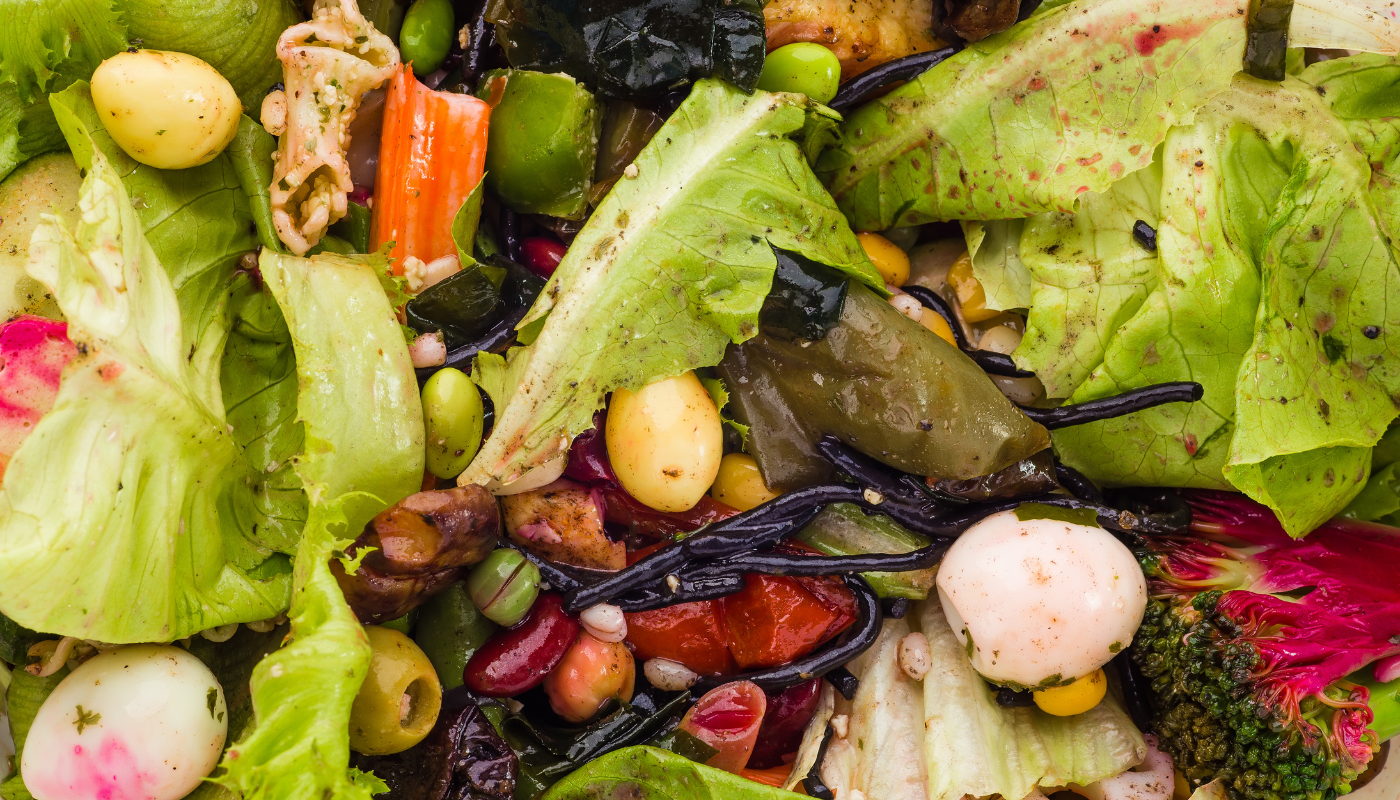Recycling is a vital practice for our planet and reducing household waste. In the India, local councils provide food waste caddies to encourage responsible disposal of unused food. Composting in the garden is another eco-friendly option for those looking to further minimize waste.
I recently discovered some unexpected items that can be added to the food waste caddy—a revelation that surprised me initially but made sense upon reflection. Here’s a curated list of items you may not have known could find a new life in your food waste bin:
Flowers:
Discarded flowers, often overlooked, can be added to the food waste bin, offering a sustainable way to dispose of floral arrangements.
Hair:
Human hair, an unconventional addition, is indeed degradable and can contribute to your food waste recycling efforts.
Kitchen Roll (including tube):
The entire kitchen roll, along with its cardboard tube, is biodegradable and suitable for the food waste collection.
Lint:
Dryer lint, typically discarded without a second thought, has the potential to be repurposed in the food waste bin.
Quality Street Chocolate Wrappers:
Surprisingly, even wrappers from popular chocolates like Quality Street are degradable and can be included in your food waste recycling routine.
Animal Bedding (in small amounts):
Small amounts of bedding from indoor pets, such as hamsters and gerbils, can also find a place in the food waste bin.
The inclusion of unexpected items like hair, kitchen roll, and chocolate wrappers may seem unconventional, but the key lies in recognizing the degradability of these materials. It’s intriguing how a shift in perspective can reveal new possibilities for sustainable waste disposal.
Reflecting on my recent discoveries, I believe that a change in terminology—from “food waste” to “degradable waste”—could enhance public understanding and encourage more conscientious recycling practices.
Have you encountered other surprising items suitable for the food waste bin? Share your thoughts in the comments. Let’s continue to uncover innovative ways to contribute to a more sustainable future.

